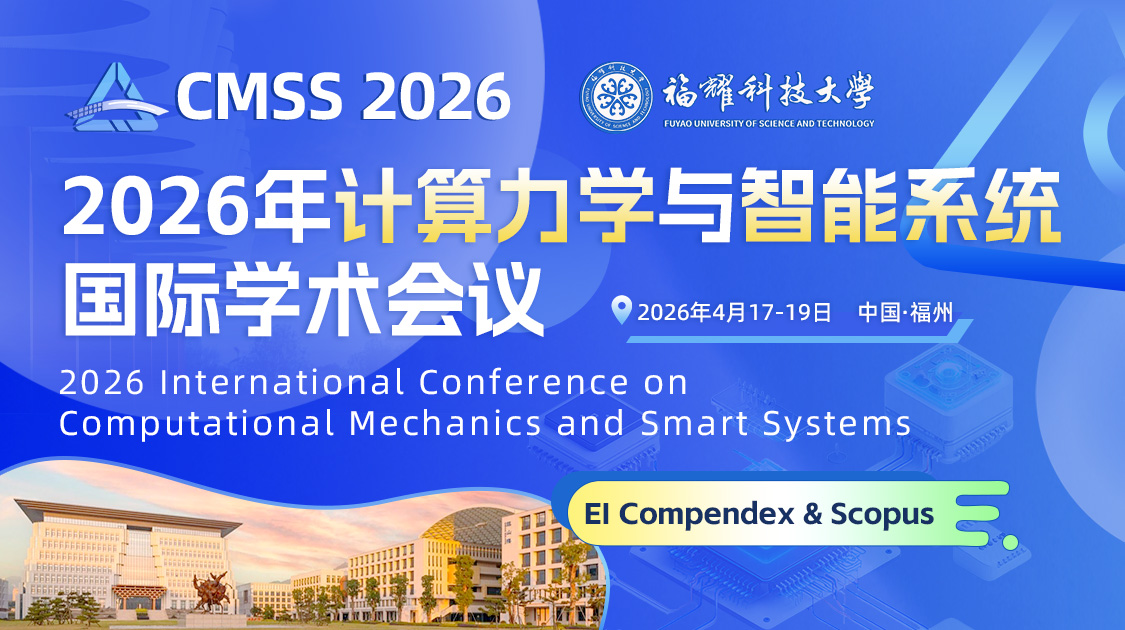英语论文写作常搞混的词汇有什么?
在英语论文写作中,有许多词汇和短语容易被搞混,不仅影响文章的流畅性,还可能导致读者误解作者的意图。本文将介绍一些常见的易混淆词汇及其正确用法,并提供一些小技巧,帮助写作者避免这些常见错误。

1. Affect vs. Effect
"Affect" 和 "effect" 是两个极易混淆的词。前者是动词,表示“影响”;后者是名词,表示“效果”或“结果”。
Affect (verb): The new policy will significantly affect our business operations.
Effect (noun): The effect of the new policy on our business operations was significant.
2. Complement vs. Compliment
这两个词听起来很相似,但意义完全不同。"Complement" 是指“补充物”或“使完善”;"compliment" 则是“赞美”或“恭维”。
Complement (noun/verb): The new curtains complement the room's decor perfectly.
Compliment (noun/verb): She received many compliments on her beautiful dress.
3. Principle vs. Principal
"Principle" 和 "principal" 也是一对常见的混淆词。前者是指“原则”或“原理”;后者则有多种含义,可以是“校长”、“主要的”或“本金”。
Principle (noun): He refused to compromise his principles.
Principal (noun): The school principal gave a motivational speech.
Principal (adjective): The principal reason for the project’s failure was a lack of funding.
4. Their vs. There vs. They’re
这组词是英语学习者的噩梦。"Their" 是所有格,表示“他们的”;"there" 是副词,表示“那里”;"they’re" 是 "they are" 的缩写形式。
Their (possessive pronoun): Their house is the biggest one on the street.
There (adverb): She is waiting over there.
They’re (contraction): They’re going to the concert tonight.
5. It's vs. Its
"It’s" 是 "it is" 或 "it has" 的缩写,而 "its" 是表示所属关系的代词。
It’s (contraction): It’s going to rain soon.
Its (possessive pronoun): The cat licked its paw.
6. Lose vs. Loose
"Lose" 是动词,表示“失去”或“失败”;"loose" 是形容词,表示“松的”。
Lose (verb): I don’t want to lose this opportunity.
Loose (adjective): The screw is loose.
7. Than vs. Then
"Than" 用于比较;"then" 用于表示时间或顺序。
Than (conjunction): She is taller than her brother.
Then (adverb): We went to the movies and then had dinner.
8. Your vs. You’re
"Your" 是所有格,表示“你的”;"you’re" 是 "you are" 的缩写。
Your (possessive pronoun): Is this your book?
You’re (contraction): You’re my best friend.
9. Farther vs. Further
"Farther" 通常用于表示物理距离;"further" 则用于表示抽象距离或程度。
Farther (adverb): The beach is farther than I thought.
Further (adverb): We need to discuss this further.
10. Who vs. Whom
"Who" 用于作主语,"whom" 用于作宾语。
Who (subject): Who is coming to the party?
Whom (object): Whom did you invite to the party?
小技巧
为了避免这些常见的错误,以下是一些实用的小技巧:
多读多写:多阅读英语原版书籍、报纸和学术论文,培养对正确用词的敏感度。多写作可以帮助你在实践中巩固对这些词汇的掌握。
使用词典:在写作时遇到不确定的词汇,可以随时查阅词典,确保用词准确。
写作软件:利用写作辅助软件,如 Grammarly 或 Microsoft Word 的拼写和语法检查功能,它们可以帮助你识别和纠正一些常见的错误。
同义词替换:如果某个词总是让你感到困惑,可以尝试使用其同义词。例如,如果你总是混淆 "affect" 和 "effect",可以用 "influence" 来代替 "affect"。
记笔记:在学习过程中,将易混淆的词汇记录下来,形成自己的词汇表,定期复习。
赞一个
更有众多热门

















